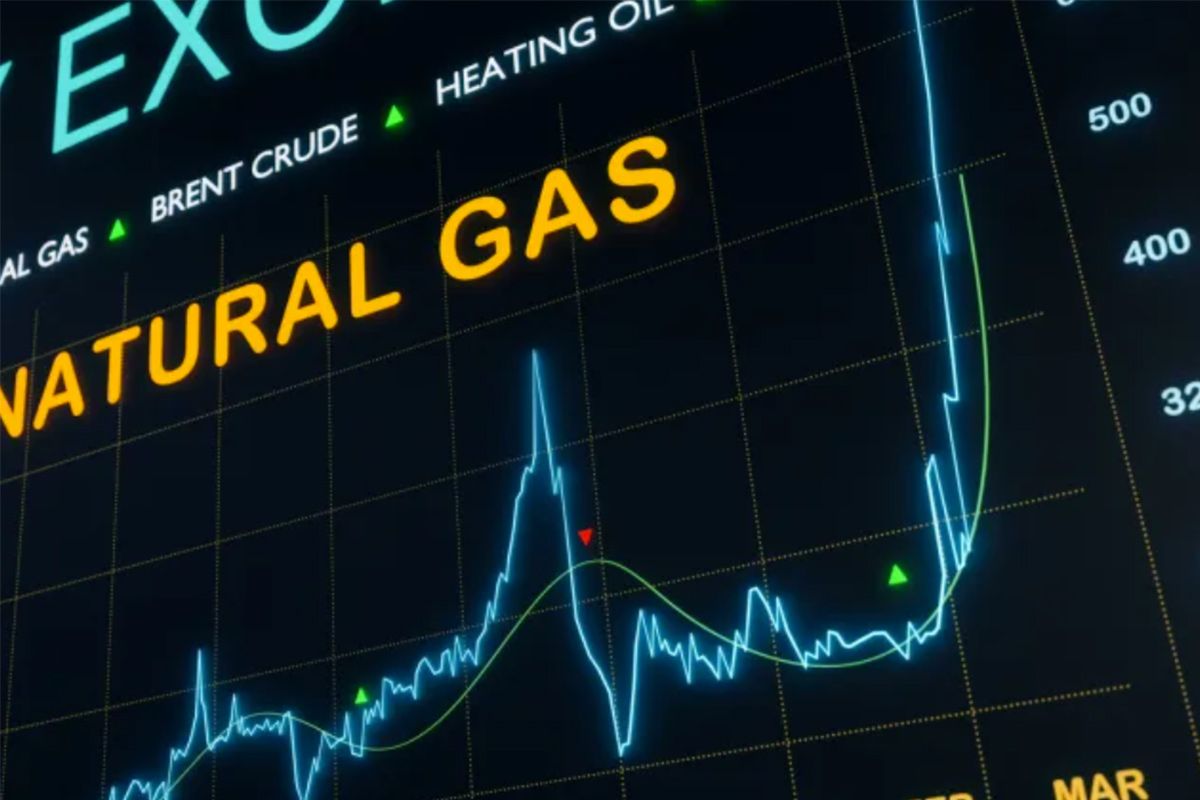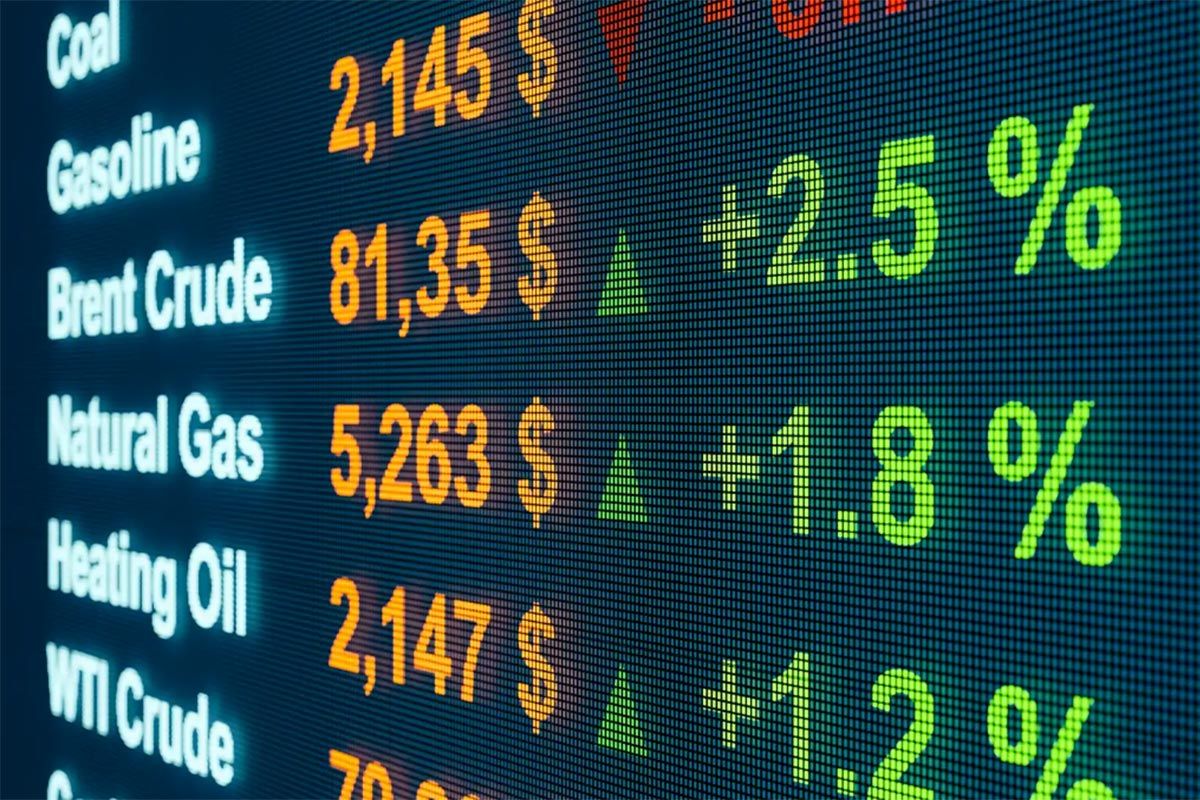1. What is a Natural Gas ETF?
Natural gas is a flexible resource utilized for heating, cooking, fuel, electricity generation, and the production of various organic chemicals, including plastics. Unlike most exchange-traded funds (ETFs), those focusing on natural gas typically do not hold physical reserves. Instead, they invest in natural gas futures contracts traded on commodities exchanges to gain exposure.
ETFs focused on natural gas are designed with the flexibility to include investments in gasoil, crude oil, and gasoline futures. The performance of these ETFs relies heavily on the price fluctuations of natural gas, driven by trading activities within the commodities market.
Natural gas ETFs in Vietnam are connected to the movements of the international natural gas market, making them a compelling choice for investors looking to invest in this commodity.

Natural gas ETFs
2. Diversity of Natural Gas ETF Holdings
Natural gas ETFs provide investors with various avenues to participate in the natural gas market. For instance:
-
Certain ETFs store physical natural gas in storage facilities to monitor spot prices.
-
Others utilize futures contracts to follow price fluctuations, offering short-term exposure and liquidity.
-
Some invest in equities of natural gas sector entities, such as producers, exploration firms, and utilities.
-
Additionally, there are leveraged and inverse natural gas ETFs designed for enhanced returns or hedging purposes.
3. Risks of investing in natural gas ETF
These ETFs are sensitive to changes in the commodity's price. Moreover, they carry more risk than other ETFs because they mainly hold derivatives like futures contracts and swaps, which are highly speculative. While all investments have some level of risk, derivatives, in particular, are riskier. This is especially true for commodity ETFs that rely on futures contracts.
3.1. Futures contracts always carry significant risk
Since natural gas ETFs are based on futures contracts, they are susceptible to a phenomenon called contango. Contango occurs when the futures price of a commodity exceeds its spot price. When old contracts expire each month, the futures market transitions to new contracts, typically priced slightly higher. This gradual increase in cost can compound over time, significantly impacting the performance of the ETFs negatively.
3.2. Natural gas ETFs can be affected by the weather.
When it's warmer than usual, natural gas prices tend to go down. For example, if winters on the East Coast are milder than normal, people there don't need as much gas to heat their homes. So, when it's warmer than usual, there's more natural gas available than people need, which causes prices to fall.
4. How Natural Gas ETFs Monitor Natural Gas Prices
Natural gas ETFs use different methods to keep an eye on natural gas prices. A common strategy is to invest in natural gas futures contracts. These contracts are essentially agreements to buy or sell natural gas at a later date. Since these contracts mimic changes in natural gas prices, ETFs can follow these price shifts over time. By renewing expiring contracts, these ETFs can stay connected to the commodity's price movements.

Natural gas ETFs
5. An Introduction to Gas South - One of the Leading Natural Gas Providers in Vietnam
Gas South, a prominent player in the market spanning from Ca Mau to Nghe An provinces, has been leading the charge in the trade and distribution of natural gas products in Vietnam for over 23 years. With a stellar track record in CNG, LNG, and LPG gas operations, Gas South has earned the trust of numerous large enterprises nationwide. Offering customers access to top-quality natural gas at highly competitive prices, Gas South ensures a reliable and consistent gas supply.
Additionally, Gas South goes the extra mile by providing comprehensive services including design, installation, and construction of gas projects to meet diverse customer needs effectively. For more information about Gas South's extensive services, customers can easily get in touch through the provided contact channels below:
-
Head office: 4th Floor, PetroVietnam Tower, No. 1-5 Le Duan, Ben Nghe Ward, District 1, Ho Chi Minh City.
-
Website: https://pgs.com.vn/
-
Fanpage: https://www.facebook.com/GasSouthJSC
-
Email: lienhe@pgs.com.vn
-
Phone: (+84.28) 3910 0108 - 3910 0324
-
Fax:(+84.28) 3910 0165 - 3910 0325
-
OA Zalo: https://zalo.me/gassouth18006776



